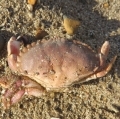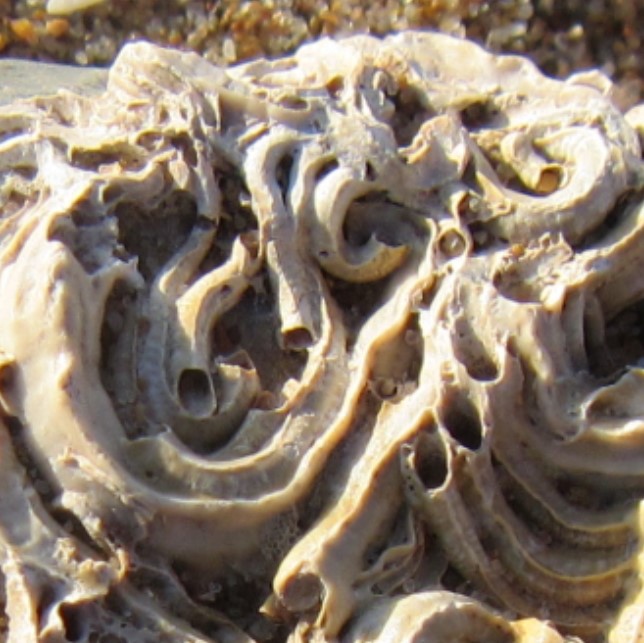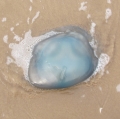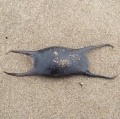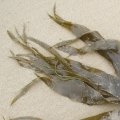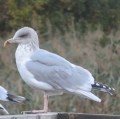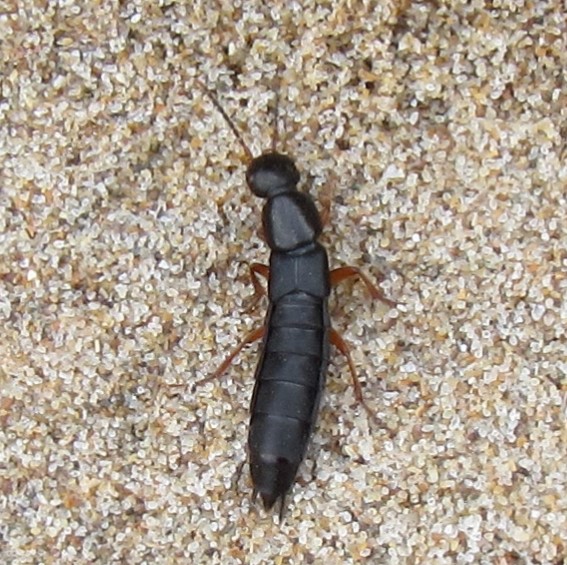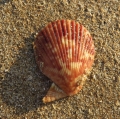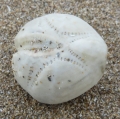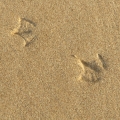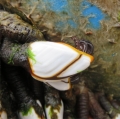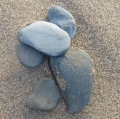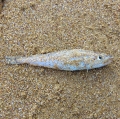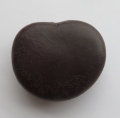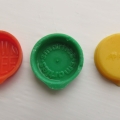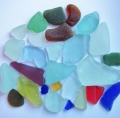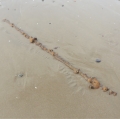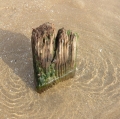

Sometimes little pieces of social history are
washed up on our shores.
This vulcanite stopper is a fine example!

This was found on Saunton beach in North Devon by Ruth who was spending some time picking up rubbish.
We are now so used to plastic bottles with plastic caps that it is easy to forget that once all bottle were made out of glass and finding some way of sealing them was quite a challenge!
Cork, glass and even wood were tried. In the late 1800s, stoppers like this one found by Ruth became popular made from tough vulcanite, a type of dense rubber.
They actually remained in use for nearly a century so it is hard to date individual stoppers - they could be a hundred years old or they could be much more recent. The dense, tough vulcanite can last in the water for many decades.

Some stopper carry logos, others letters like this one. Still more are plain.
What we would really like to know is the significance of the H. Did it indicate a company? Or a type of drink?
Did the glass bottle contain beer, or lemonade, or water?
Sometimes, these beach finds raise as many questions as they answer!

The small blobs are a relatively common - but sadly unbranded - pattern on vulcanite stoppers.
Below, a stopper still proudly wearing its red/orange rubber band which created a good seal between the vulcanite and the glass neck of the bottle.


This modern plastic bottle top was found on Woolacombe beach recently. It turned out to be from a Russian brand of water!
Any finds you'd like to share?
We can add your photos and stories to this website.
Please email hello@beachstuff.uk
Thank you!

